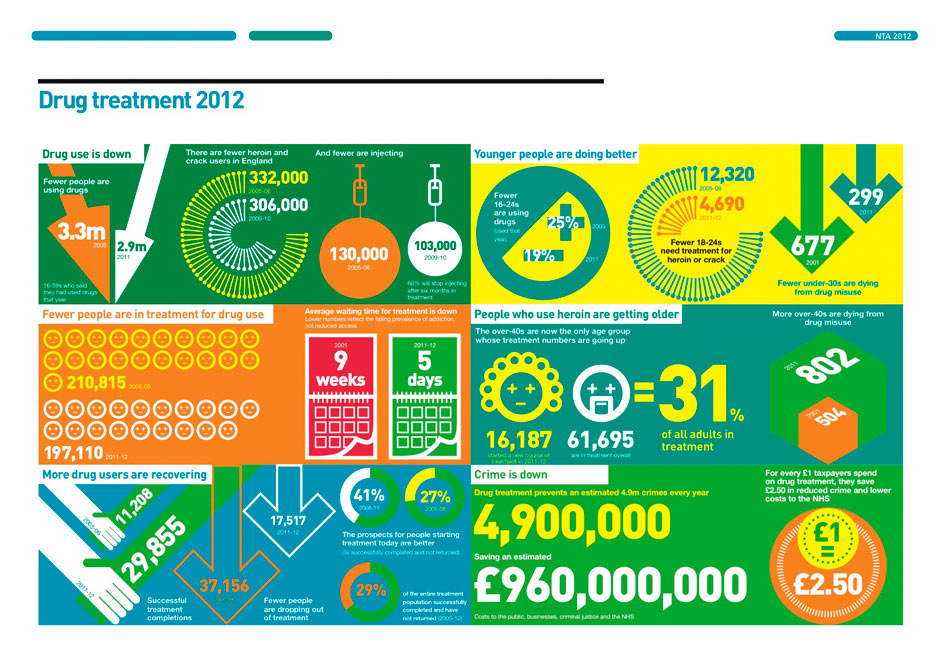Managing Triggers And Advises Following Completion Of Drug Rehabilitation
Managing Triggers And Advises Following Completion Of Drug Rehabilitation
Blog Article
Content Created By-Paaske Meier
You've completed Drug rehabilitation and taken a significant step towards a much healthier way of living. But now, dealing with triggers and desires post-rehab can be a tough journey. Exactly how do you navigate with these moments without jeopardizing your development? Recognizing the techniques to manage triggers and desires is vital in keeping your sobriety. Let' go right here out efficient ways to manage these challenges and safeguard your newfound commitment to living a drug-free life.
Recognizing Triggers and Cravings
To successfully manage your triggers and yearnings, begin by acknowledging the situations or feelings that bring about your need to utilize. Take a minute to review what conditions or feelings prompt your desires. Is Get More , dullness, social situations, or certain places? By identifying these triggers, you can better prepare yourself to cope with them.
Triggers can be both interior, such as negative emotions or physical pain, and exterior, like being around people who use materials or seeing a certain place.
Take note of patterns in your food cravings-- are they much more regular at specific times of the day or in action to particular occasions?
Building Healthy Coping Techniques
Recognizing your triggers and cravings is the very first step in the direction of structure healthy and balanced coping strategies to manage them effectively. As soon as you understand what scenarios, feelings, or people trigger your yearnings, you can begin creating a plan to address them.
One efficient strategy is to replace negative actions with positive ones. For example, if stress and anxiety triggers yearnings, exercising relaxation methods like deep breathing or reflection can aid. Engaging in physical activities such as workout or opting for a walk can likewise be a fantastic means to cope with food cravings.
Another crucial aspect of structure healthy coping approaches is to develop an encouraging setting. Border on your own with individuals who recognize your journey and can give encouragement and accountability. It is essential to develop borders with individuals that might not sustain your recuperation.
In addition, developing a routine that consists of healthy behaviors like regular workout, correct nourishment, and adequate rest can help you stay on track and lower the likelihood of experiencing triggers and yearnings.
Seeking Support and Accountability
Developing a network of encouraging people who can provide support and hold you liable is vital in taking care of triggers and food cravings successfully. Look for buddies, family members, or a support system who comprehend your trip and can supply advice when you face tough scenarios.
Having someone to speak to throughout minutes of lure can make a significant difference in remaining on track with your recovery. Responsibility partners can help you stay concentrated on your objectives and advise you of the reasons that you chose to seek assistance to begin with.
They can likewise help in producing an organized strategy to cope with triggers and cravings, such as developing alternative tasks or coping mechanisms to replace the urge to use medicines. Routine check-ins with your support group can give reassurance and inspiration, assisting you really feel less separated in your recuperation trip.
Conclusion
Remember, identifying and managing triggers and cravings after Drug rehabilitation is an essential part of keeping soberness.
By recognizing your triggers, building healthy coping methods, and looking for assistance from liked ones or support system, you can navigate via difficult moments and remain concentrated on your sobriety objectives.
Bear in mind, you aren't alone in this journey, and with the right devices and support, you can conquer temptations and live a meeting, drug-free life.
Keep strong and maintain progressing.
